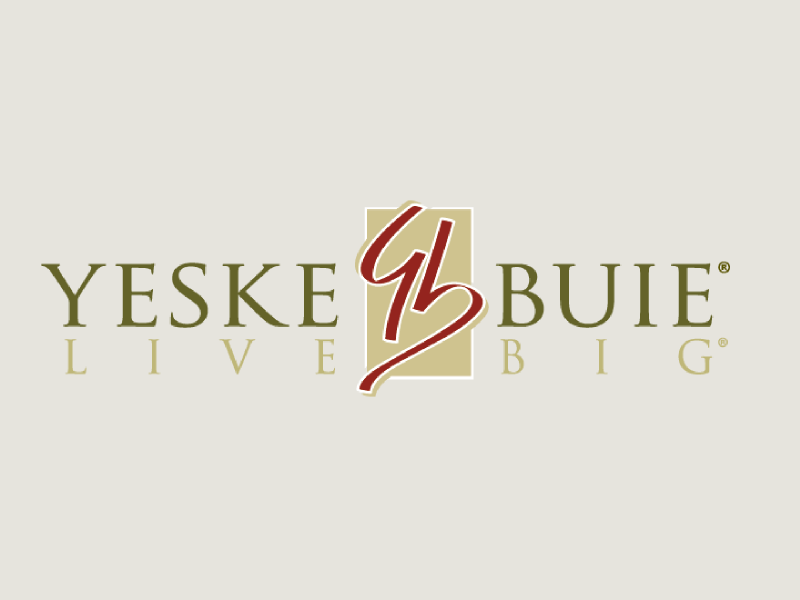Yeske Buie Weekend Digest 6/12/2009

We seem to have reached an interesting juncture in this current recession. On the one hand, there are a growing number of signs that the worst is behind us and we can begin to see a glimmer of recovery on the horizon. On the other hand, there’s reason to believe that our world going forward will be very different from the one we lived in before the crash. In this week’s digest, we’ve included articles discussing those encouraging green shoots, as well as some thoughtful writing about the the challenges to come. We also offer up some of the more interesting web-based tools for managing your credit and dealing with family loans. Have a great weekend!
Media Matters
Elissa was recently selected for inclusion in Northern Virginia Magazine’s 2009 list of “Expert Financial Advisors.”
The magazine’s list of independent financial advisors was culled from Wealth Magazine’s “Top Dog” list and information provided by the Financial Planning Association’s National Capitol Chapter. Elissa and Yeske Buie were among 15 of the listed firms to have appeared in the “Top Dog” list.
Financial Tools on the Web
Credit scores are under pressure these days, and yet they’ve never been more important as lenders continue to tighten standards. A new website, CreditKarma.com, not only offers the ability to get your score for free, but will point out the factors that went into the score and suggest ways for improving it.
And speaking of lenders, many people are finding themselves in that role with cash-strapped family members who have found it harder to borrow during the recession. One good way to manage those loans (and preserve good feelings within the family!) is to set up loans using Virgin Money. Not only will Virgin Money manage the collection and tracking of all loan payments, but you can even choose to have payments reported to the major credit bureaus, creating the opportunity to heal damaged credit histories.
Identity Theft
Just a reminder that we’ve posted an article on our website (“Guarding Against Identity Theft“) on how to protect yourself from identity theft.
How to Get Help
And don’t forget that our updated client page (https://clients.yebu.com/) offers a full list of who does what and who you should contact for help with various issues. Contact numbers and email links are available from that page as well.
More Green Shoots
Citing signals from a new USA TODAY/IHS Global Insight economic outlook index, IHS’s Nariman Behravesh said “we’re two to three months away from an upturn.” David Wyss, chief economist for Standard and Poor’s agrees: “We see a bottom in the fall, but there’s a lot of risk attached to that.”
The new index is based on 11 forward-looking economic and financial indicators that predict future GDP growth.
And in the Federal Reserve report released Wednesday, known as the Beige Book, there were signs that the economy’s downward slide is easing, suggesting that the worst of the recession is over.
A study conducted by JennisonDryden and released through Prudential Investment Management, meanwhile, suggests that whenever we have a period in which 10-year rolling returns of the S&P 500 are 5% or less (the last 10 years qualify), the following decade produces higher than average returns. Since 1929, such periods have produced returns that averaged 15% a year.
In another study, the same research firm notes that small company stocks have outperformed large company stocks following the last nine recessions. Reasons cited for this behavior include a greater sensitivity to changes in business conditions resulting in more rapid growth during the early stages of an economic expansion.
The World to Come
David Brooks, writing in today’s New York Times (“The Great Unwinding”), observes the explosive growth in public and private debt, pointing out that the ratio of debt to disposable income grew from 55% to 133% between 1960 and 2007. And while Americans aren’t borrowing as before, the accumulated debt lingers on. Reuven Glick and Kevin Lansing of the San Francisco Fed point out that Americans would have to raise household savings rates from 4% to 10% by 2018 in order to restore the balance.
The implications for public policy are clear, but whether or not our elected officials can make the hard calls, asking Americans to sacrifice a lifestyle that depended on easy credit and little concern for saving, is far from certain.
Quote of the Week
The members of the Obama administration fully understand this and are brimming with good ideas about how to move from a bubble economy to an investment economy. Finding a political strategy to accomplish this, however, is proving to be very difficult. And getting Congress to move in this direction might be impossible.
David Brooks, The Great Unwinding
